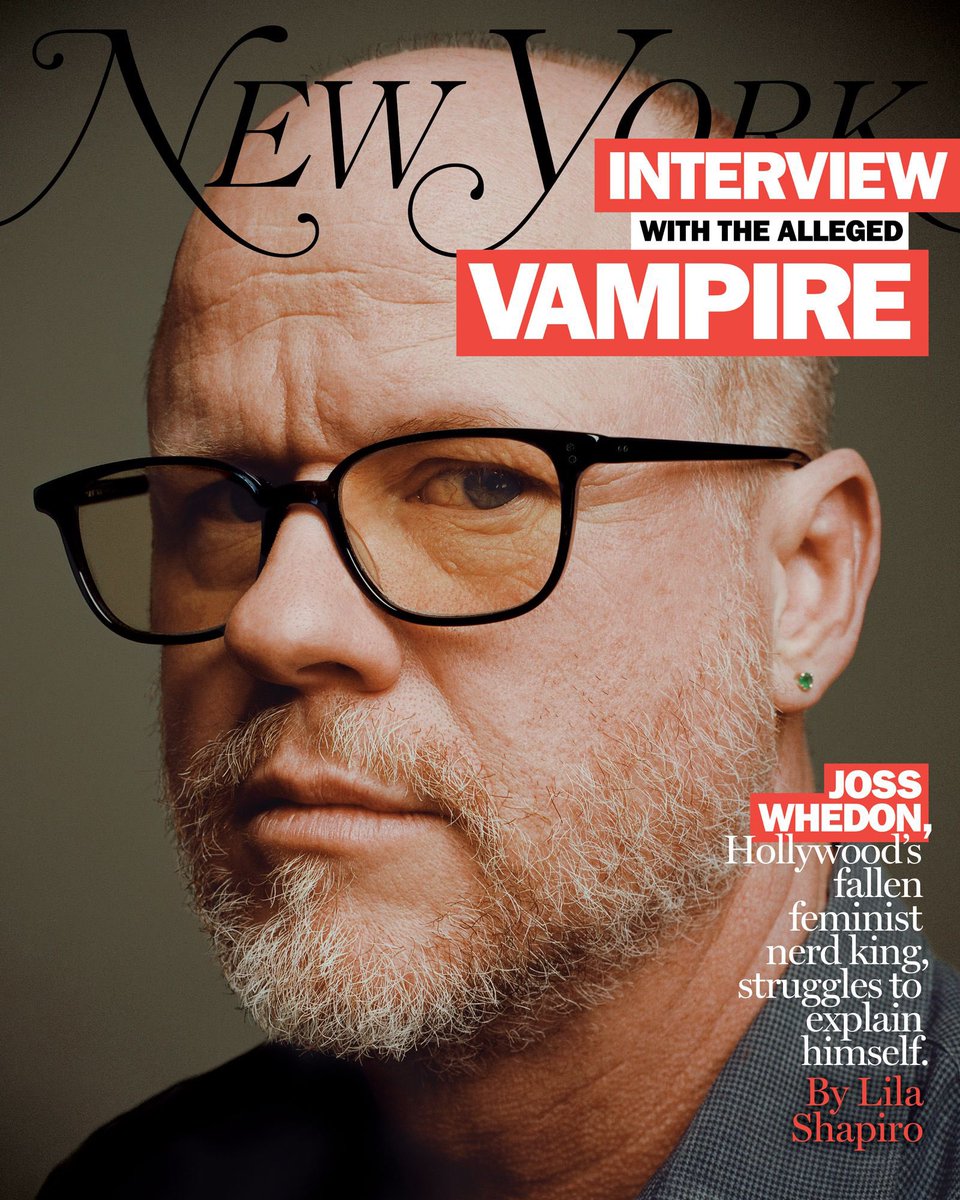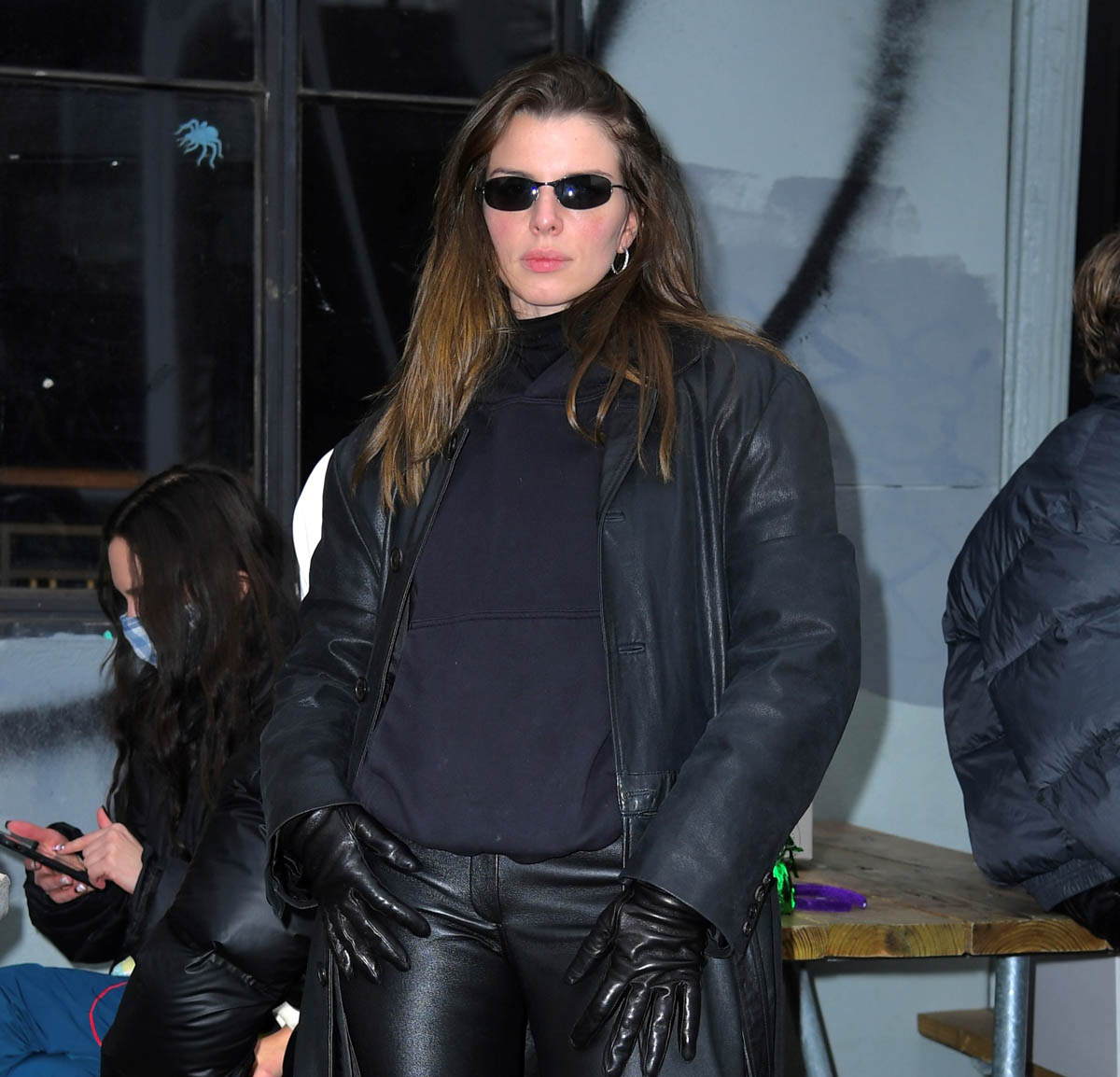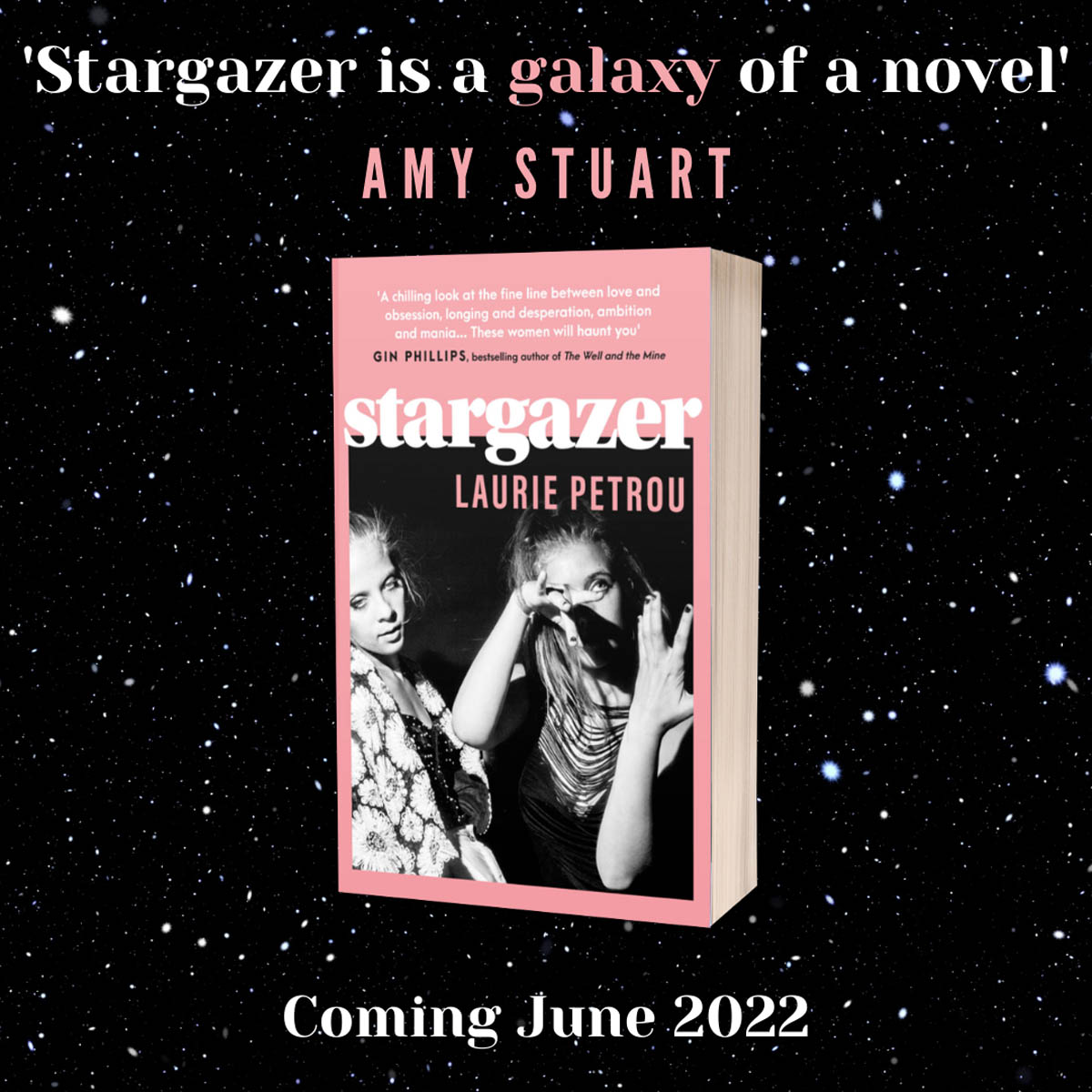Joss Whedon takes himself to the woodshed



There is a longform profile of Joss Whedon in New York Magazine titled “The Undoing of Joss Whedon” and it is a masterclass in interviewing someone and letting them take themselves out back to the woodshed. The piece is from writer Lila Shapiro, and it could also be titled “Joss Whedon Undoes Himself”, because Shapiro has to do very little in the way of shaping Whedon’s responses into a narrative. Whedon comes with his narrative already formed, and then he puts it across, Shapiro receives it, and she just lets Whedon take care of driving the final nails into the coffin of his own legacy. Lainey’s text says it best: I don’t even know why Joss even agreed to the interview. I don’t, either! Does he honestly think ANY of this sounds good?
First, Shapiro outlines Whedon’s early success on television, becoming a celebrity showrunner before that was even a thing, and ascending to nerd-god status by the time The Avengers came out in 2012. Then, she sketches his downfall, beginning with Whedon’s ex-wife, Kai Cole, publishing a scathing open letter detailing Whedon’s failings not just as a husband, but as a famously self-professed feminist. (Sidebar: NY Mag refers to The Wrap as a “movie blog”, which made me laugh.) If that destabilized Whedon’s standing in pop culture, Ray Fisher’s allegations of “completely unacceptable” behavior on the set of Justice League triggered the fall, which was cemented by Buffy and Angel actor Charisma Carpenter detailing her torturous relationship with Whedon over the years, including alleged retaliation after she became pregnant in real life while filming Angel.
I would push the timeline back a little further, though, because I recall fans online deconstructing Whedon’s works in the wake of Avengers: Age of Ultron, which left many viewers with a bad taste in their mouth re: the way he wrote Natasha Romanov’s character in that movie. (It says nothing good for Disney-Marvel that, upon the release of Black Widow in 2021, Scarlett Johansson still thanks Whedon for his efforts on her character’s behalf, largely because he is the only male director in the MCU who tried to give Natasha a character arc, for better or worse.) There had also been comments over the years about Whedon’s intended plans for Inara, a character on Firefly, which made a lot of us go, Oh, maybe it’s a good thing Firefly got cancelled so soon, he never had a chance to “ruin” Inara with a(n unnecessary) sexual assault storyline. There was always a healthy debate among fans about Whedon’s real legacy as a man writing girl-power heroines, and it crested with the Black Widow debacle in 2015, when most people wrote him off on that front. The arrival online of his rejected Wonder Woman script only confirmed what most already accepted by then—he’s not that good at writing women, at least not when there isn’t a writers’ room to back him up and smooth out his story ideas.
Early in the interview, Whedon notes, “The sun is my enemy.” That’s true. The sun is everyone’s enemy. It is constantly trying to kill us. Never forget who our galactic archnemesis is. He also says he is “terrified of every word that comes out of my mouth.” Well, he should be, because the words he says do him no favors. (Joss Whedon = The Sun? Requires more investigation.)
They talk about Whedon’s mother, Lee Stearns. Whedon calls her “an inspiring person” but says that “sometimes those are hard people to be raised by.” Fair enough. I have known people with a larger-than-life parent, and it can leave a certain mark on their children. But not all of those people turn out to be toxic assholes themselves and blaming your mother for all your faults when you’re a fifty-something grown-ass person isn’t a good look. Parents can leave grenades in our psyches, but they’re rarely the cause of every single sh-tty decision we make in our own lives. Whedon says he has PTSD from his childhood—the drowning incident he relates is truly horrific—and if that’s true, that sucks, but again, a lot of people have PTSD and don’t ridicule and humiliate their co-workers, as Whedon has been credibly accused of doing. A clinical diagnosis isn’t an excuse for poor behavior, it’s just a clinical diagnosis.
We do learn that Joss changed his name from “Joseph” to “Joss” in college, making him the first and potentially only person to get a college-era name change to stick.
Shapiro highlights that Whedon was just thirty-one when he began showrunning Buffy. He had no prior professional experience that would prepare him for that level of control and responsibility. This is a consistent thread in a lot of the Hollywood toxic behavior scandals—people handed insane power with little to no preparation. Thirty-one is not a kid, but up to that point, Whedon was just a screenwriter. He wasn’t a boss. And then he became a boss with nothing to ground him in sensible, humane leadership practices. Why the entertainment industry doesn’t create a culture around training the next generation of showrunners, directors, executives, et cetera, baffles me. It’s not an excuse for Whedon’s behavior but pay attention to how many of these publicly named toxic bosses got their start with no grounding in being a good boss. This isn’t just a failing of Joss Whedon, it’s a failing of the industry at large.
Speaking of bad boss behavior, Cynthia Bergstrom, a costume designer on Buffy, disagreed with Whedon about a specific costume and he (allegedly) gripped her arm so hard he left fingernail indentations. An unnamed person on Buffy also alleges that Whedon once made out with a “young” actress he was having an affair with while she was trying to work in her office. And he would have monthly gatherings at his house for his favorite cast and crew members. I had a toxic boss at work who had routine get-togethers with a favored group of underlings, and it was devastating to the office culture. Even if you didn’t want to be around that person, just knowing you weren’t “in” had a negative effect. When a new top boss came in and ended that behavior, there was an immediate improvement in morale.
As for the allegations of public make-outs and squeezing someone so hard he left a mark, Whedon says, “I don’t believe that,” and, “That seems false.” Not great defenses, my guy! Especially since that unnamed production employee quit her job with no backup plan just to get out of that environment, which is a drastic decision. Production employees on basic cable shows aren’t making lavish livings, to quit a job with nothing lined up speaks of an urgent desire to separate oneself from a truly intolerable work environment. Saying, “That seems false,” when someone took such radical action makes it seem like either you are just lying, or the bad behavior is so common you don’t even recognize it as bad in the first place.
This is what I mean about Lila Shapiro letting Whedon take himself to the woodshed. She has so many detailed examples from sources named and unnamed about Whedon’s toxicity, and all he can offer are vague assurances that he doesn’t believe he would act like that. Given the sheer number of examples given, such vagueness is hardly satisfying. It just makes him look worse, because he can’t counter anything with a solid rebuttal. It’s just him saying, “I would never do that! Now, about the time my mom was too cool…” Worse still! When he does get specific, he does so in the grossest way possible. When Ray Fisher’s allegations of bad behavior on the Justice League set are brought up, he calls Fisher “a malevolent force […] a bad actor in both senses.” Oh! We’re going there!
When Fisher made his allegations in 2020, I said it had always puzzled me how no one ever defended Whedon during the “Snyder Cut” dust up. There was certainly an element of nerds tearing down an idol when he made a superhero movie they didn’t like, but no one from the production, no one from the cast, no one from Warner Brothers or DC Films, offered even a half-hearted defense of Whedon, a guy who, at the time, was still well-regarded and was just hired to do a job. For years, that silence persisted, until Ray Fisher gave us an inkling into why, maybe, no one was interested in defending Joss Whedon. And now, Whedon’s defense against Fisher’s allegations is just to call him a bad actor. And a bad actor! This is playground-level self-defense. This is how children behave in a disagreement.
And, once again, Whedon makes things worse for himself because all he has is name-calling. He can defend himself specifically against the allegation that he lightened someone’s skin tone, noting that he “brightened” the whole look of Justice League, and indeed, that one allegation was retracted by Forbes in their interview with Ray Fisher. But anything to do with his actual behavior on set, he just has that “malevolent force” comment. It’s similar with Gal Gadot, who said in 2021 that Whedon “threatened” her career while doing the Justice League reshoots. Whedon blames her for misunderstanding him because English isn’t her first language, but like, Gal Gadot has worked with plenty of English-speaking filmmakers over the years and never before has anything like this situation come up. Apparently, she doesn’t have a hard time understanding anyone else. And given all the other sh-t being said about Whedon, for which he has no real accounting, is it so hard to believe he’d say something like that to Gadot? For an actress on Angel, no, it’s not hard to believe, as he (allegedly) said something similar to her when her agent asked for a raise.
There is no real accountability or apology here, only vague denials, a couple of remarkably rude and unprofessional shots at actors, and excuses couched in therapy-speak. And that’s offensive for people who are doing hard, personal work in therapy but don’t turn around and use buzzwords as a defense against criticism. (All these guys accused of toxic and/or abusive behavior say they go to therapy, and none of them seem to learn anything.) Whatever Joss Whedon thought this interview was going to do for him, it has not done. It has only made him look worse.

